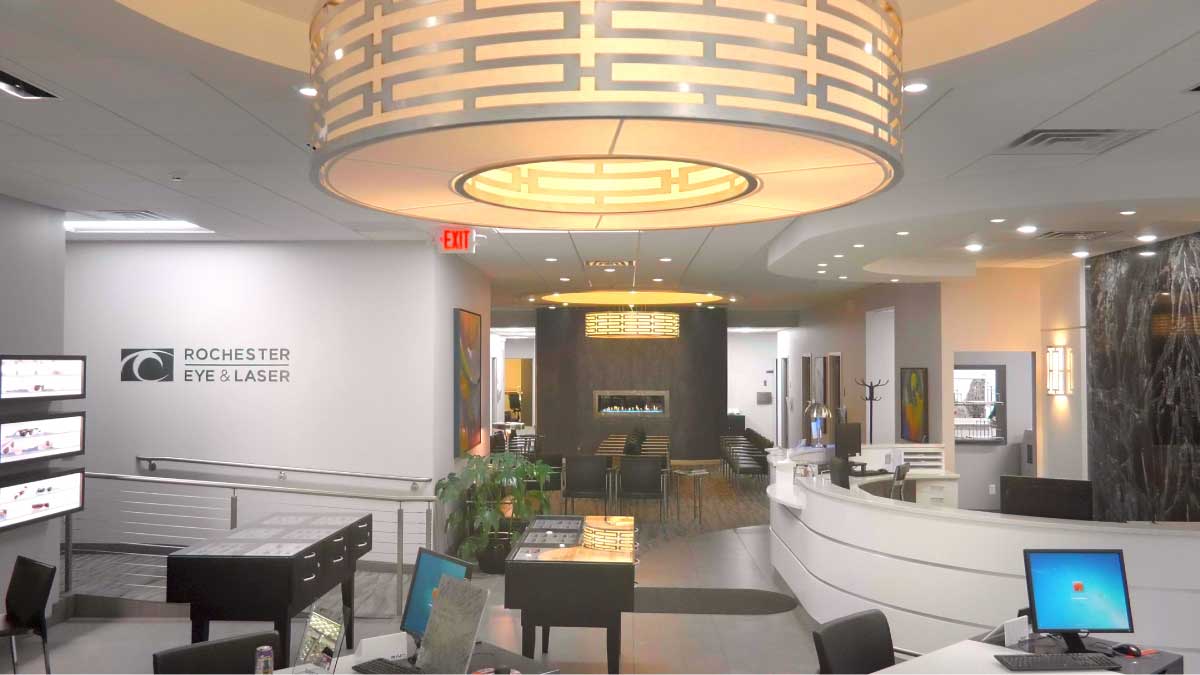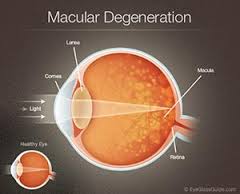The food you eat may fend off age-related macular degeneration(AMD)
Close to the center of your retina, at the back of your eye, is a small area known as the macula. The macula gives you sharp, central vision to do...
1 min read
 The Rochester Eye & Laser Team
:
Feb 5, 2019 2:57:23 PM
The Rochester Eye & Laser Team
:
Feb 5, 2019 2:57:23 PM

Please join the Rochester Eye & Laser Center in recognizing February as Age-related Macular Degeneration (AMD)/Low Vision Awareness Month. Our goal is to help educate the public about the risk factors associated with AMD, along with the treatment options available.
 A leading cause of vision loss in aging Americans, WebMD defines age-related macular degeneration as “the leading cause of severe, irreversible vision loss in people over age 60. It occurs when the small central portion of the retina, known as the macula, deteriorates. The retina is the light-sensing nerve tissue at the back of the eye.”
A leading cause of vision loss in aging Americans, WebMD defines age-related macular degeneration as “the leading cause of severe, irreversible vision loss in people over age 60. It occurs when the small central portion of the retina, known as the macula, deteriorates. The retina is the light-sensing nerve tissue at the back of the eye.”
Common symptoms associated with AMD include:
Changes to the retina at the back of the eye can only be seen by your eyecare professional, with the use of special equipment. There is no cure for AMD, but with early detection and treatment, the progression of the disease can be slowed considerably. Therefore, it is very important that if you are experiencing one or more of these symptoms, you schedule a routine eye exam with us, as soon as possible.

Close to the center of your retina, at the back of your eye, is a small area known as the macula. The macula gives you sharp, central vision to do...

Most of us take our eyesight for granted, that is until we start noticing changes and seek the advice of an optometrist. While eye problems can...

After witnessing the eclipse, it's crucial to understand the impact of the sun on your eyes. If you used eclipse-specific eyewear to observe the...